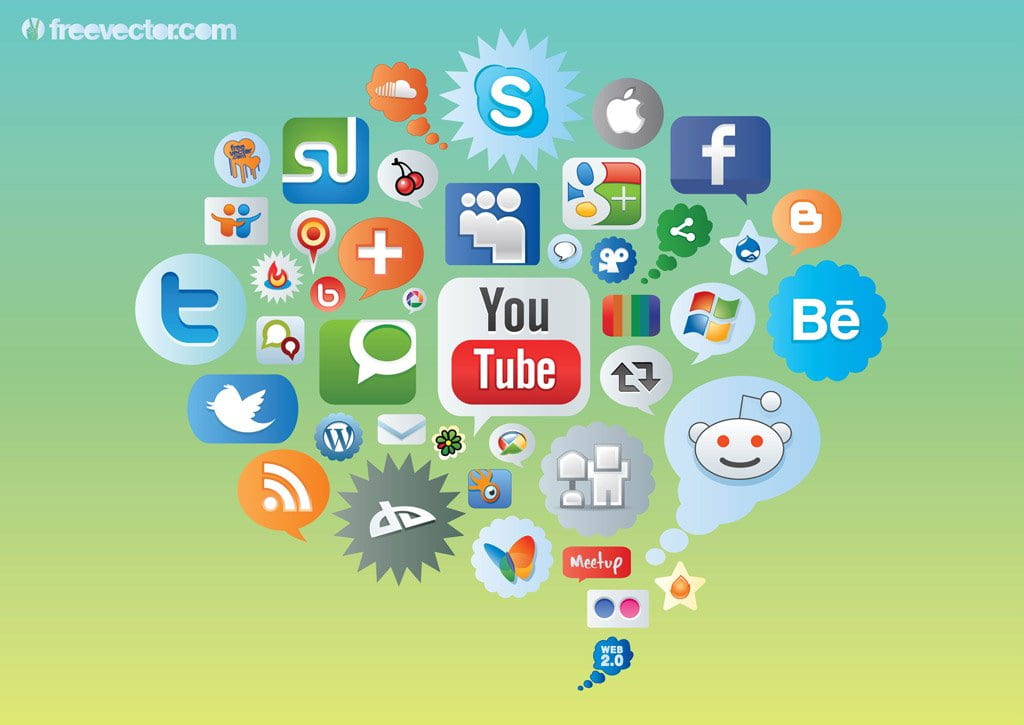The extent to which teachers must participate in using technology and social media to encourage social justice is a hotly debated topic. I feel that teachers must educate their students about social justice but without using social media. Yes, teachers must educate kids regarding how social media affects education and model effective usage in an attempt to assist students to become informed and powerful learners.

Whenever it comes to educating social justice, I believe rather than being a quiet participant, educators must be pushed to take on the role of someone with an opinion. Social justice is a theory as well as a set of acts that entails treating everyone with dignity, fairness, and charity. The four main aspects of social justice in education, in my opinion, are:
- Misconceptions, lies, and preconceptions are challenged, confronted, and disrupted.
- Students are given the resources they need to reach their greatest potential.
- Makes use of all of the learners’ abilities and talents.
- Encourages independent thinking and empowers social change agents.
I agree with, as explained in the video, “Social media is the biggest platform for promoting students voice” as it addressing the issues, and connect us worldwide but as said by Dalton and Brook, there are other ways also for promoting social justice than the social media only. However, whenever it comes to whether or not to utilize social media platforms to encourage social justice, I tend to lean with the Disagree side because I believe in the significance of educating social justice, but I also feel that teachers must be impartial and utilize social networking responsibly.

I believe that teachers should be pushed to allow students to make their educated conclusions; otherwise, instead of thinking, many students would simply concur with the educator. Teaching kids that there are various points of view and distinct points of view will aid in the development of critical thinkers. I believe that freely discussing personal opinions on social networking sites make individuals more vulnerable, particularly if those opinions contradict the ideology promoted by their institutions.
Students may see both aspects of a story by conducting research, which allows them to be independent thinkers and create their educated conclusions. I wouldn’t feel comfortable imposing my social agenda on anyone, particularly since anything people upload becomes part of their digital imprint, which could certainly be twisted and come back to harm them later in life. Whenever it comes to selecting whether or not to speak out on social networking sites on specific social justice problems, place and time play a significant impact.
Well said, Lovepreet. Teaching about social justice among students is important but always using social media might not bring the appropriate results. Teaching students about Digital Literacy is important so that they must know about Fake news and Digital Footprints. Critical thinking begins with the self and extends out. Rather than fight things like ‘screen time,’ maybe we can help them use that time in more constructive ways grounded in critical thinking.
I appreciate how you discussed that students will also find different ways to look at something and use different forms of activism as well. Teaching kiddos critical thinking skills is key to fostering lifelong learning, as well as keeping kiddos safe.
I agree with your point we need to teach students that there are various points of view and encouraging them to do their own research and come to their own conclusions.
I too leaned towards the disagree side as there are many ways to engage in social activism and not all educators feel comfortable with social media.